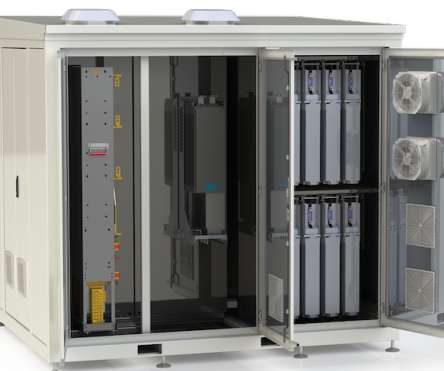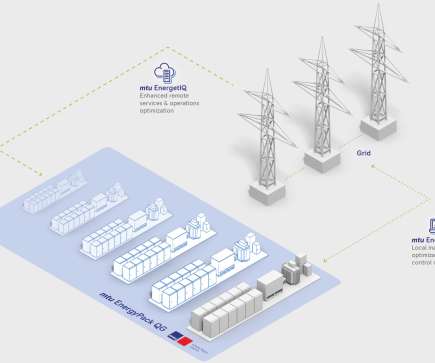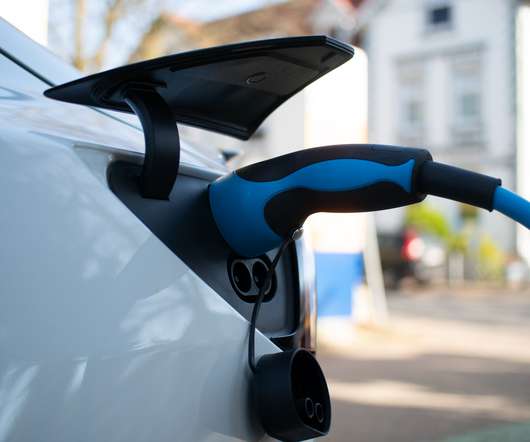ŠKODA collaborates with IBG ?esko on second-life battery energy storage system; up to 328 kWh
Green Car Congress
JUNE 1, 2021
ŠKODA AUTO, a subsidiary of the Volkswagen Group, is introducing a smart energy storage system using second-life batteries from electric vehicles. The system stores sustainably generated electricity in used batteries that come from the all-electric SUV ŠKODA ENYAQ iV as well as the plug-in hybrid models SUPERB iV and OCTAVIA iV.












Let's personalize your content